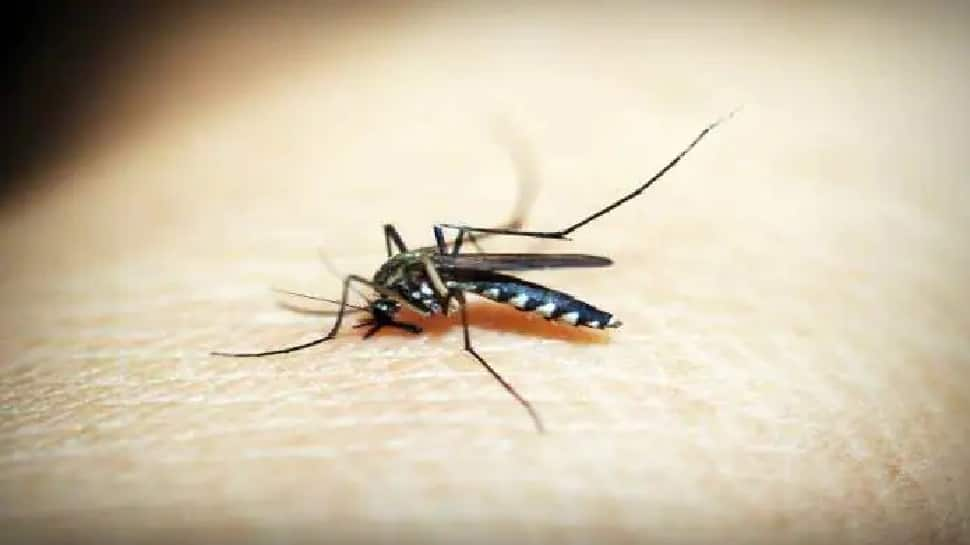As temperatures soar and mosquito activity intensifies, health officials are sounding the alarm over a worrying increase in dengue cases across our region. The spike in infections has prompted a pressing need for individuals to take proactive steps to safeguard themselves and their communities against this potentially debilitating disease.
Dengue fever, transmitted primarily by the Aedes mosquito, can lead to severe flu-like symptoms, including high fever, severe headaches, joint pain, and rash. In more severe cases, it can escalate to dengue hemorrhagic fever or dengue shock syndrome, posing a life-threatening risk.
In the face of this burgeoning dengue crisis, a united effort is imperative. By embracing preventive measures at individual, household, and community levels, we can effectively combat the rising tide of dengue infections and safeguard the health and well-being of our communities.
Also read: Study Reveals How Menopause Symptoms Like Mood Swings Is Associated With Infertility
To shield yourself from the escalating threat, here’s how you can keep yourself safe:
10 Ways To Stay Safe From Dengue Fever
Eliminate Standing Water
Mosquitoes that carry dengue breed in standing water. Regularly empty, cover, or treat containers that collect water.
Use Mosquito Repellent
Apply an effective mosquito repellent on exposed skin and clothing.
Wear Protective Clothing
Wear long-sleeved shirts, long pants, socks, and shoes to minimize exposed skin.
Use Bed Nets
Sleep under a mosquito net, especially if you’re in an area with high dengue transmission.
Maintain A Clean Environment
Keep your surroundings clean and free from clutter to reduce mosquito breeding sites.
Avoid Peak Mosquito Activity
Mosquitoes that transmit dengue are most active during early morning and late afternoon. Stay indoors during these times if possible.
Keep Doors And Windows Screened
Use screens on doors and windows to prevent mosquitoes from entering your living spaces.
Support Community Efforts
Participate in local initiatives to control mosquito populations and raise awareness about dengue prevention.
Seek Medical Attention
If you experience symptoms like high fever, severe headache, joint and muscle pain, and rash, seek medical care promptly.
Stay Informed
Stay updated on dengue outbreaks and follow public health guidelines provided by local authorities.




